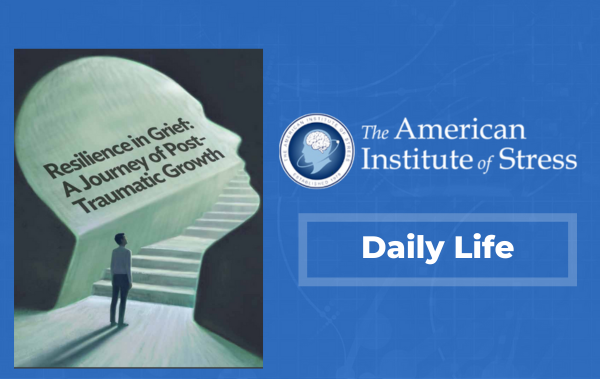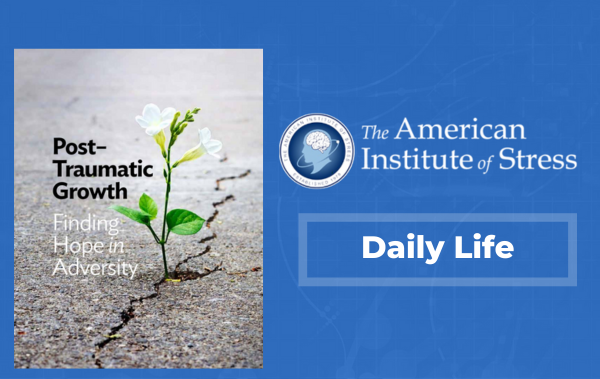 Ever find your mouth saying, “No problem!” while your brain is silently chanting some personal version of “Lions, and tigers, and bears…….OH MY!”?
Ever find your mouth saying, “No problem!” while your brain is silently chanting some personal version of “Lions, and tigers, and bears…….OH MY!”?
Our ability to forecast the worst possible scenario has helped us avoid demise for millennia. But like many thought patterns, when advanced to the automatic habit status, it interferes with our well-being. Since out thoughts have the power to drive our physiology, repeatedly sending our imaginations to the dark side repeatedly rings the stress system alarm. This compromises our health, our energy, and our access to the creativity and brilliance we need to formulate and actualize positive outcomes.
 Many professions reward the ability to scan for risks or possible catastrophies. As a physician I was trained to “rule-out” the worst possibility first. “What could kill this patient?” How’s that for motivation to play out every possible disaster! We want our personal doctors, lawyers, accountants, and investment managers to have robust risk detection powers. But overuse of this power can lead to the negativity bias that contributes to the high rates of burnout, substance abuse, and suicide in these professions.
Many professions reward the ability to scan for risks or possible catastrophies. As a physician I was trained to “rule-out” the worst possibility first. “What could kill this patient?” How’s that for motivation to play out every possible disaster! We want our personal doctors, lawyers, accountants, and investment managers to have robust risk detection powers. But overuse of this power can lead to the negativity bias that contributes to the high rates of burnout, substance abuse, and suicide in these professions.
Everyday life presents countless opportunities to catastrophize, to make the proverbial “mountains out of molehills”. How clearly I remember discovering the vitamins my sweet daughter supposedly swallowed all that week in the guest room trash. That morning, in my harried state, I immediately envisioned her life of crime, baking her cakes with files as I visited her in the state pen. How did I feel after that little thought exercise? Not like an energized parent! Not only does catastrophizing drain our energy by adding inappropriate stress, we are more prone to this habit when tired or under stress.
Next time you find yourself adding the theme of Jaws to your situation, ask yourself, “Is this an appropriate time to play out the worst case scenario or is an automatic thought pattern at play?” If the latter is true, take a deep breath, muster up a positive emotion, and tap into your less-stressed creative side.
Insights? Ideas? Please share!!
Contributed by AIS Fellow and Chairman of the Workplace Stress Board, Cynthia Ackrill, M.D.
Visit Dr. Ackril’s website: www.wellspark.com for more practical stress managment information.





